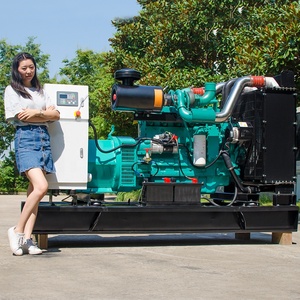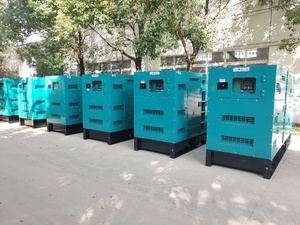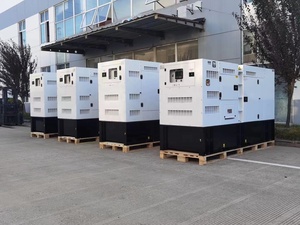
All categories
Featured selections
Trade Assurance
Buyer Central
Help Center
Get the app
Become a supplier

(2474 products available)








































200c engine serves as the heart of any bike, turning fuel into motion that drives the wheels forward. This vital assembly contains cylinders, pistons, crankshafts and rods that work as one to create power. How well a bike runs depends on the quality of its 200c engine . Makers design these power units to fit many bike types, from speed demons to daily riders. The field keeps growing as new tech brings more power, better fuel use and less harm to nature.
Riders can pick from several 200c engine options based on their riding needs. Small bikes often use single-cylinder engines that give enough kick for city trips. Twin-cylinder models strike a good balance of power and fuel use in mid-range bikes. Cruisers tend to have V-twin engines known for strong torque and smooth running. Sport bikes favor inline-four engines that deliver major power without rough vibration. Each 200c engine type brings its own mix of speed, fuel hunger and feel on the road. Picking the right one depends on what the bike will do - daily trips, long tours or track days.
The main job of 200c engine is changing fuel into motion that turns the wheels. This happens through a dance of pistons, cylinders and crankshafts working together. Modern 200c engine now comes with smart fuel systems that use less gas and make fewer fumes. Most engines stay cool through air flow or liquid systems that stop them from getting too hot. Some newer 200c engine units can change valve timing to run better at different speeds. Smart design and current tech ensure these engines deliver steady power, smooth action and long life, making them vital for both riders and makers.
Builders use many metals and parts when making 200c engine units that last. Most cylinders and pistons contain light aluminum that moves heat well. Strong steel forms the crankshafts and rods that must handle stress at high speeds. Engine blocks might mix cast iron with aluminum to balance strength against weight. Precise machine work matters during assembly so each part fits well to cut down on friction. The metals chosen affect how well the 200c engine works, how long it lasts, and if it can handle tough riding.
Taking care of 200c engine means regular work that pays off in longer life. Fresh oil must go in at set times to keep moving parts from wearing out. Clean air filters stop dirt from getting inside while letting the engine breathe freely. Setting valve gaps properly leads to better running and less damage. Bad spark plugs need quick changing for proper starting. For liquid-cooled engines, riders must check fluid levels to avoid heat damage. Following what the maker says about care and using good parts lets the 200c engine run smooth and strong for many miles.
Picking the proper 200c engine stands as a key choice that affects how well the bike runs. Start by knowing what the bike model truly needs. Each motorcycle has its own power demands, and the 200c engine must match these needs for the bike to perform well. Look at engine size, which comes in cubic centimeters (cc). Bigger engines pack more punch, making them good for speed or heavy loads. These larger units drink more fuel, though. Riders must find the sweet spot between power and gas use based on city trips or long tours.
The 200c engine must also fit the bike frame and work with other parts. A snug fit with current components stops future issues and makes the bike run better as a whole. Think about what fuel the engine burns - gas, electric or mixed systems all change both running costs and impact on nature. Check the maker's track record and what the warranty covers, as these facts speak to how long the engine might last and what support exists if things break.
Strange noises like knocks or taps often signal trouble with a 200c engine . Other red flags include less power, thick smoke coming from pipes, and engines that run too hot. When bikes struggle to start or suddenly guzzle more gas, these hint at engine problems too. Regular checks catch these issues early and stop worse damage down the road.
Several tricks boost gas mileage in a 200c engine . Service the engine often and keep all parts in top shape. This means clean air filters, proper tire pressure, and the right oil type. Smooth riding habits make a big difference too. Avoid jackrabbit starts and keep speed steady on the road. These simple steps lead to better fuel use overall.
High-grade 200c engine units deliver more muscle, faster throttle response, and make rides more fun. These premium engines often use cutting-edge tech that burns fuel better and cuts down on fumes. Racers and thrill-seekers gain the most from such upgrades. Still, riders must check if the new engine works with current bike parts and note it might use more fuel than stock units.
The choice between fixing or swapping a hurt 200c engine depends on how bad the damage runs. Small issues like worn gaskets or bad sensors usually just need repairs. Major problems such as cracked cylinders or worn-out crankshafts often call for full replacement. Talk with a skilled mechanic who can look things over and guide this tough choice.
Service timing for 200c engine varies by how much the user rides, what the maker suggests, and engine type. Most bikes need basic care every few thousand miles or at least once each year. This includes fresh oil, new air filters when dirty, spark plug checks, and making sure cooling systems work properly. Sticking to a firm service plan extends engine life and keeps the bike running strong.